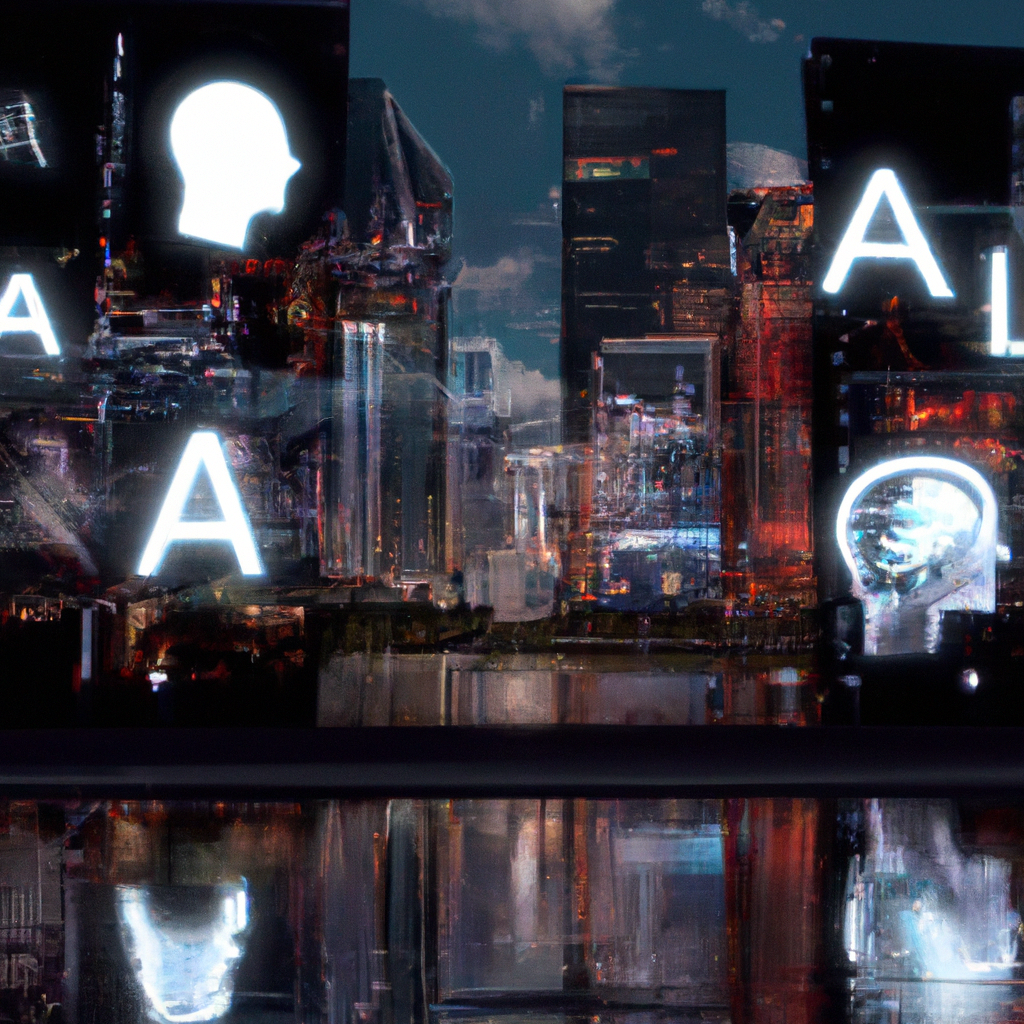
Who is Pushing Boundaries in AI Coding Tools?
Artificial Intelligence (AI) has come a long way in recent years. In the past, AI was primarily used for basic tasks, such as data analysis or assisting in customer service. However, today, AI is being used in more complex applications, such as coding. Several companies are at the forefront of this innovation, developing AI tools that are pushing the boundaries of what is possible in the world of coding. In this blog post, we will discuss some of the most innovative companies and their AI coding tools, including OpenAI's Codex, Google DeepMind's AlphaEvolve, Windsurf's SWE-1 Models, Notion AI for Work, Meta's Collaborative Reasoner, Anthropic's Claude, and Manus AI's image generation capabilities.
OpenAI's Codex
OpenAI's Codex is an AI system that translates natural language to code. This tool is a game-changer for programmers, as it allows them to describe in plain English what they want the code to do, and Codex will generate the code for them.
Codex can generate code in over a dozen programming languages and can even fill in the gaps when given incomplete instructions, making it a versatile and powerful tool. Moreover, Codex is the AI behind GitHub Copilot, a Visual Studio Code plugin that provides suggestions for completing lines or blocks of code.
Google DeepMind's AlphaEvolve
Google's DeepMind has always been at the cutting edge of AI technology, and their AlphaEvolve system is no exception. AlphaEvolve is a machine learning system that uses evolutionary algorithms to improve its coding abilities over time.
By utilizing a population-based approach, AlphaEvolve enables the creation of more efficient and effective AI models. Using this system, Google DeepMind has been able to achieve breakthroughs in a variety of fields, including protein folding and board games. AlphaEvolve highlights the potential of AI tools in accelerating scientific discovery and solving complex problems.
Windsurf's SWE-1 Models
Windsurf AI is a lesser-known company that is making significant strides in the field of AI coding tools. Their SWE-1 models are designed to assist software engineers with coding tasks.
These models are trained using a database of millions of lines of code, allowing them to provide suggestions and corrections as the engineer is writing. This can significantly reduce the amount of time spent on debugging and troubleshooting, leading to more efficient coding processes.
Notion AI for Work
Notion AI for Work is an AI tool that offers a new way of managing work tasks. It's not a coding tool in the traditional sense, but it uses AI to organize, prioritize, and automate work, which can include coding tasks.
The tool integrates with other software to help manage tasks, notes, and documents, making it easier to stay organized and focused. The AI component of Notion learns from your behavior over time to better anticipate your needs and automate routine tasks.
Meta's Collaborative Reasoner
Meta, formerly known as Facebook, is a major player in the tech industry and has been investing heavily in AI research. One of their most exciting projects is the Collaborative Reasoner, an AI system designed to assist humans in problem-solving tasks.
The Collaborative Reasoner can generate hypotheses, design experiments, interpret data, and even argue its conclusions. While still in its early stages, the Collaborative Reasoner could revolutionize the way we approach problem-solving and decision-making, not just in coding but in a broad range of fields.
Anthropic's Claude Introduces Mobile Research Feature
Anthropic is a research lab focused on building AI that is understandable, controllable, and beneficial to humans. One of their most recent projects is Claude, an AI system that has introduced a mobile research feature.
This feature allows users to conduct AI research directly from their mobile devices. While it may not seem like a big deal, this feature opens up the field of AI research to a much broader audience, making it more accessible and inclusive.
Manus AI Expands Capabilities with Image Generation
Manus AI, a start-up based in San Francisco, has recently expanded its capabilities with image generation. Using a type of machine learning known as Generative Adversarial Networks (GANs), Manus AI can generate realistic images from scratch.
This ability could have significant implications in a variety of fields, including art, design, and entertainment. For example, game developers could use this technology to generate realistic graphics for their games, or designers could use it to create unique and eye-catching designs.
Conclusion
The field of AI coding tools is rapidly evolving, with many companies pushing the boundaries of what is possible. Whether it's translating natural language to code, organizing tasks, or generating images, these tools are making coding more accessible, efficient, and creative.
The future of AI coding tools looks bright, with endless possibilities for innovation and improvement. As these tools continue to evolve, we can expect to see even more groundbreaking developments in the world of coding. The companies discussed in this blog post are just the tip of the iceberg, and we look forward to seeing what other innovations the field will bring.